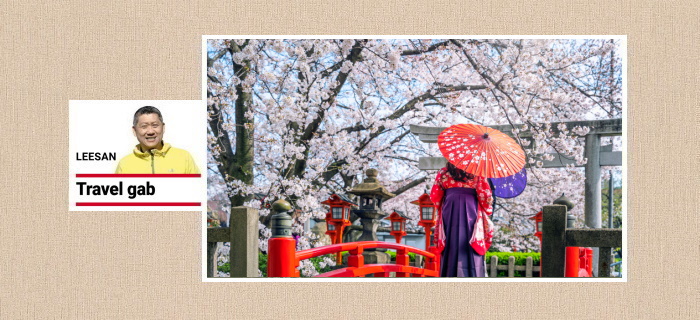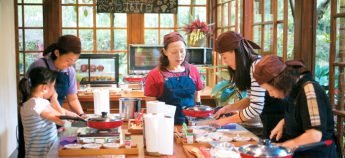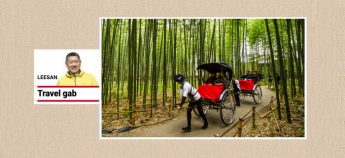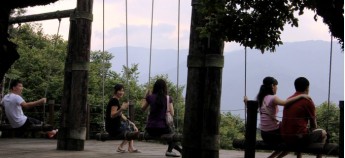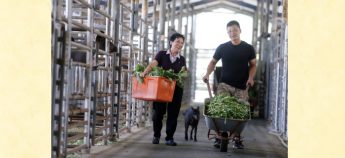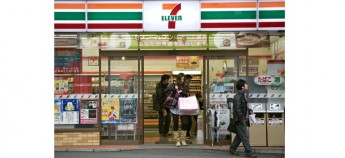The Albanian approach to Covid-19 – by leesan
The best way to deal with the virus is to live with the virus.
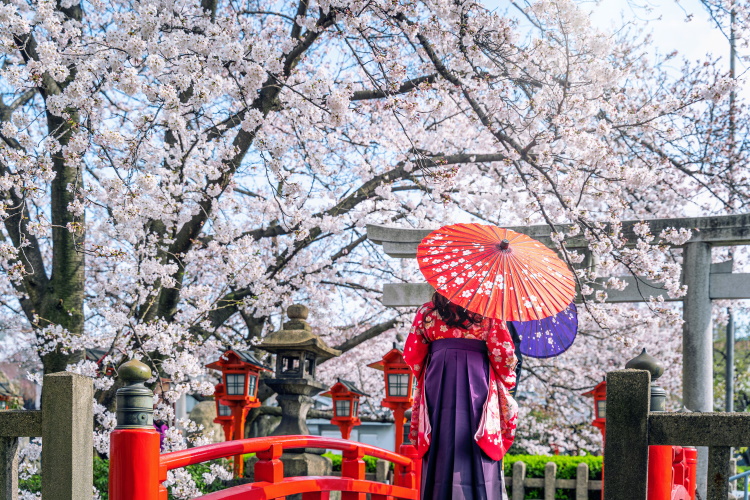
After two years, international tourists may just be able to see some real life cherry blossoms in Japan in the spring of 2022! – Handout
MY good friend Gazi, a prominent figure in the Albanian tourism industry, would send me messages weekly, sending me warm greetings while keeping me abreast of the latest developments and trends in international tourism.
He tells me that the tiny Balkan state of Albania with its land area of 28,748km² and a population of only 2.9 million, has so far recorded about 268,000 Covid-19 cases, and 3,420 deaths (at press time). Less than 40% of the country’s population has completed two doses of the vaccine while daily new infection numbers average 490 cases.
The thing is, Albania has, since day one of the pandemic, adopted a bold policy of “living with the virus”. They have never enforced any antivirus measures nor mandated the wearing of face masks in public, while schools and businesses have continued to operate as usual.
And if that’s not enough, the country has never once shut its borders either, with everyone allowed to travel in and out freely; tourism activities there are as thriving as ever. In other words, the Albanians have accumulated lots of experiences of being in the endemic stage, or living with the virus, and can therefore live their everyday lives just as they used to.
Despite the fact that Gazi himself has been infected with the virus twice in the last two years, he has never stopped flying everywhere, both for business and leisure. He is well aware of the fact that the world is a big global village and no country can be spared from Covid-19, and its impact on international economy and tourism.
Every country in this world has its own way of fighting the virus, with some adopting a stringent zero-tolerance policy. Others are more complacent, preferring a “tidak apa attitude”. Whichever approach is adopted, one thing for certain is that none is perfect and completely effective.
Whether a strategy is right or wrong, we have to admit that ordinary citizens have paid a very heavy price for it. They are not only separated from their loved ones, their physical health has also been greatly compromised. I know that many will argue that as long as we stay alive, there’s always hope for tomorrow.
I couldn’t agree more with this.
The World Health Organisation or WHO has said that the end of the global pandemic will not be determined by how powerful the defence line of rich and developed countries is, but rather the vaccination rates of poor countries (less than 10% of the population in the African continent is vaccinated). This means that we can’t end the pandemic by just shutting our borders in our globalised world today in a bid to break the infection chain, as this will bring infinite damages to our economy and society in the long run.
During the past two years, we have been “experimenting” with our own Covid-19 measures, and I dare say that we have almost exhausted all our resources. In the end, much of our efforts perhaps have been a waste.
Fortunately, people in most countries have been complying with Covid-19 protocols and standard operating procedures. We, too, have been doing our part to stop the virus. We seal our borders, we work from home, attend online classes, shop online, wear our masks, observe social distancing rules and get vaccinated, even receiving booster doses.
But just as we have somewhat contained the virus and begin to take a breather, we are slapped with yet another new restrictive order just because of the actions of a handful of people. And the cycle goes on and on – it’s endless.
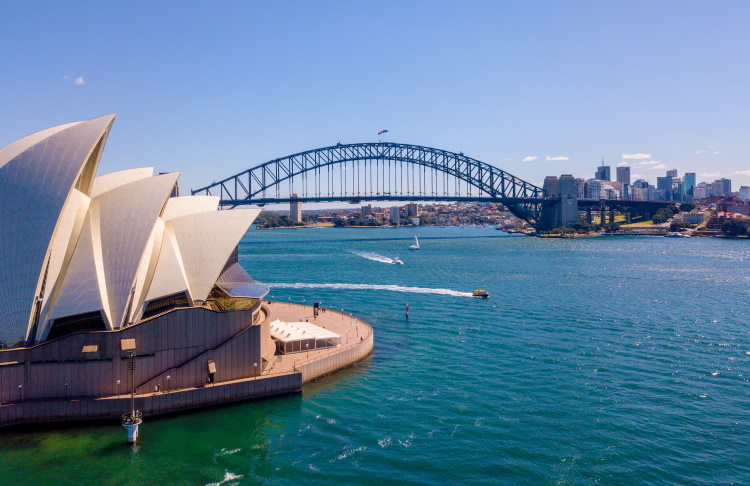
February 21, Australia to welcome international travellers back nearly two years after closing its borders, are you all set?
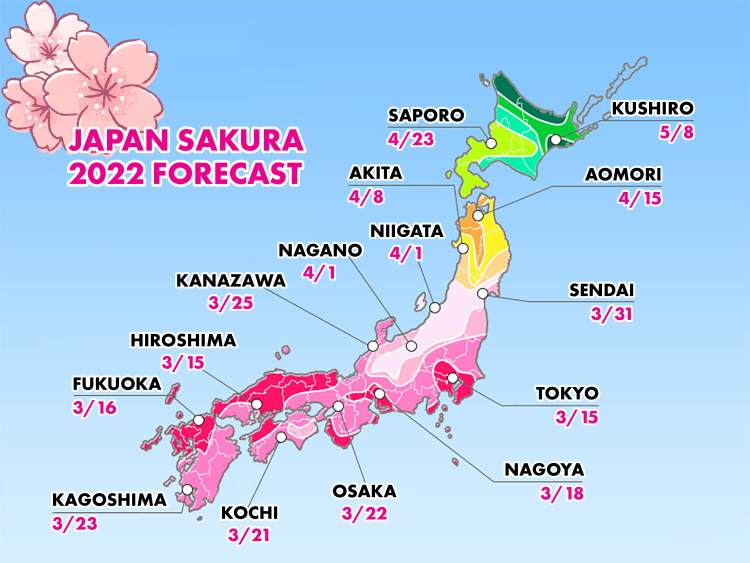
The Japanese government will gradually ease a near-ban on foreign arrivals to international self-funding students, businessmen and professionals as soon as March 2022, with daily entry cap to 5,000 travelers . The next step ahead is a phased approach to opening the country to international sightseers and vacationers.
Apparently the government has been drained of resources and everyone is now physically and mentally exhausted.
To be honest, many business owners are now struggling to stay afloat, and we are not just talking about travel and F&B industries. As a matter of fact, every industry is going through the same ordeal. Even the wage earners have had their savings dry up, their jobs, inspirations and aspirations lost. And that’s not even the end of the story.
In the days to come, they will continue to struggle under the insurmountable pressures of day-to-day life, family problems, illnesses, natural disasters, spiralling inflation and an endless stream of negative news on politics, economy and everything else.
I wonder which way would we be heading after the pandemic?
With the Omicron variant now penetrating deep into our community and daily new infection numbers registering new highs in many countries, is such stringent border closure of any practical help at all?
Many countries have eventually opted to face reality and accept the proposal of scientists, medical and economic experts by easing their border controls to reinstate international visits in a bid to revitalise their economy and tourist industry, even though such a move has drawn polarised views from the public.
Up to this point, if the government is still unable to come up with 100% effective solutions, perhaps it may be a good idea to conditionally and progressively open our doors, with the Health Ministry continuing to lead the nation in its campaign to stop the spread of Covid-19.
Every Malaysian and other folk living in the country must also continue to dutifully adhere to the SOP, to better prepare ourselves for life after the pandemic.
Or do you, perhaps have a better solution to share with us?
Gazi mentioned in message this week: “After more than two years, it seems like the world now seems to be going ahead with the ‘Albanian Method’ of dealing with the virus!”
The views expressed are entirely the writer’s own.
Leesan, the founder of Apple Vacations, has travelled to 132 countries, six continents and enjoys sharing his travel stories and insights. He has also authored five books.
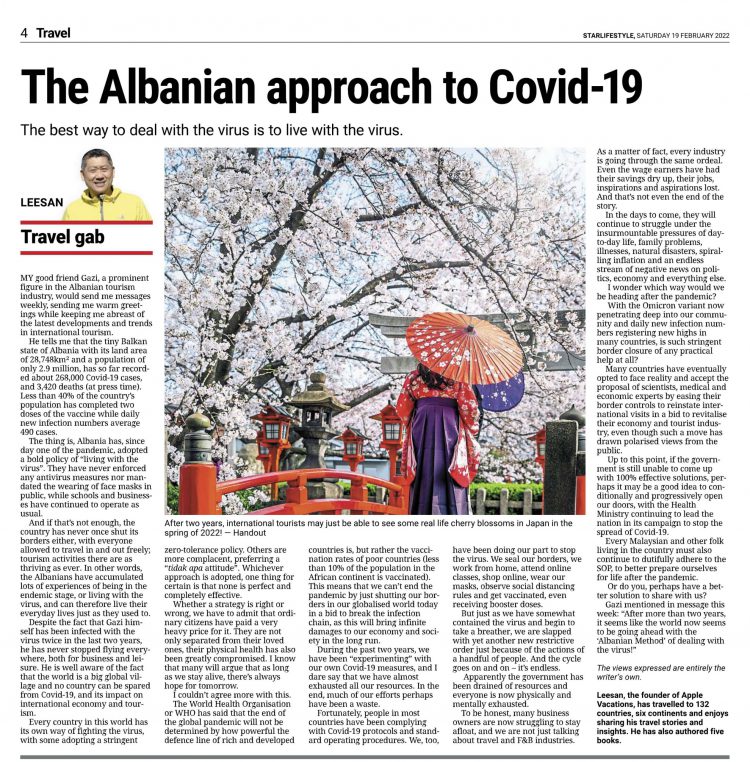
Published in STAR 2, 19 Feb 2022
全球超过80000家酒店,Apple101助您轻松订房,出行无忧,绝对优惠价。入住期间付款,多数客房可免费取消!
